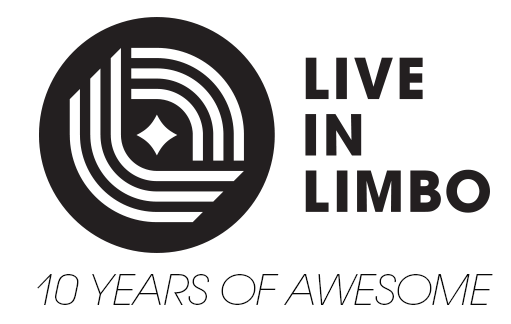
Photos by Neil Van.
The impression of Julia Holter’s Have You in My Wilderness tour is that it emphasises an art of sound-making that doesn’t often present itself, even in an “alternative” music scene. Her latest album, Have You in My Wilderness, released on Domino records, has been described as her “most accessible” work yet, weaving between sparse arrangements and light-hearted vocals; a topography of ominous peaks and deep, swooning pleasure valleys. Taking on pop music, in the least popular way. Her sound shouldn’t be confused with more extreme experimentalists Bjork or Yoko Ono, but like those artists, the focus is much more on visceral reactions to compositions. It’s a style that borrows more from the classical 17th century, than the 21st.
The opener, Circuit des Yeux, otherwise known as, Haley Fohr, is an act whose sound resonates with you. When she begins to sing, a blast of imagery comes to mind from her deeply throaty vocals. Like a banshee, she throws her mop of short brown hair around, not revealing her face until each song has ended. With an impeccable vocal range that hits the lowest of the low, drawing out notes that envelop you. Her music straddles a line between campy imitation whaling, and genuine sound quality—positioning itself much closer to John Cage’s Sound Art than contemporary indie music.
Fohr herself says, “Thank you for being so nice”. A comment that suggests typical reactions to her music—and likely the tour’s aesthetic in general—is underappreciated, “I mean it. Some people can be really mean”. Her sense of gratitude is both interesting and disheartening, considering that while her music isn’t readily that common a sound, its inherent quality is undeniable. Watching her perform is like watching a high-drama about a piece of driftwood floating towards a waterfall. And the driftwood beats out Jennifer Lawrence for the Oscar—it’s that powerful. It appears ordinary, but packs a lot of character; raw poetry disguised as prose. Not to mention, she is an incredible talent with a guitar.
When Holter emerges, she seems just as pleased to know the type of crowd she is playing to, “I was told you guys are cool”. Starting with “City Appearing” and “Silhouette”, the temperature of her performance is much more chilled than Fohr’s, playing it soft and airy as she sings abstractly, ‘Mysteries that wake up late—the table’s set / And the painting of his face / No time to hesitate’. Her music is much more calm, almost sedated—but still draws you into contemplation. Where Fohr’s voice demands attention through drama, Holter allows reflection and wandering. Backed by a drummer, violinist, (both contributing backup vocals), and an upright bassist, who’s strumming often provides the pivotal buoyance to her arrangements—like with travelling carnival-inspired, “Everytime Boots”, and highest charting song yet, “Feel You”.
Even without the suggestion of environment in her album title, the songs would suggest a New Age instrumentation of Enya, mixed with a lyrical pop agenda—removing any on-the-nose declarations of love and rehashing of a literal past. Holter’s way of working is largely non-literal, often playing on metaphor. One of her song explanations went as follows: “Here is a song about being attacked, and left on an island to die. It can happen. It happens to us all the time, in many different abstract ways”.
Though it is clear the tour’s focus, similarly to her music, is more concerned with quality of sound and arrangement, beyond lyrics and certain messages. It is possible to get lost in the high-concept chasing Holter does in her process, but the results are ultimately beautiful. The Great Hall acting as a perfect Toronto venue choice for this type of ethereal sound that coaxes you to get lost. However, the best performances still came from the songs where her vocals were crisp. Older cuts “Goddess Eyes” and “Soul Lilies” from Tragedy (2011), as well as new cuts “How Long?” and “Betsy On The Roof”.

